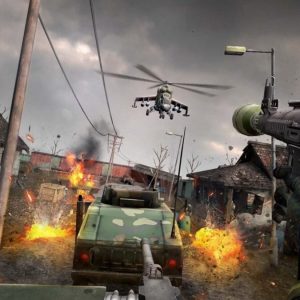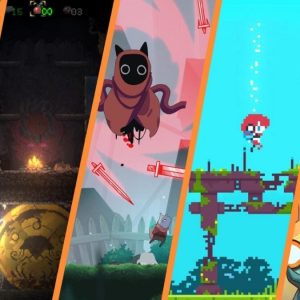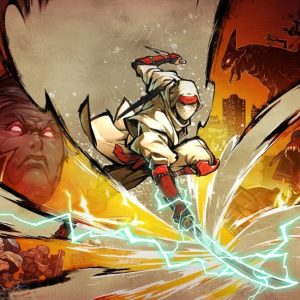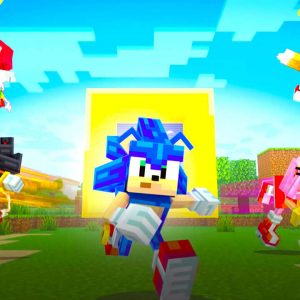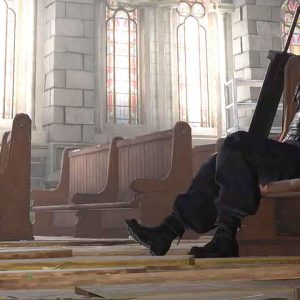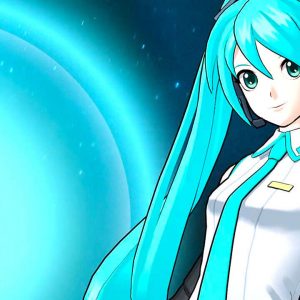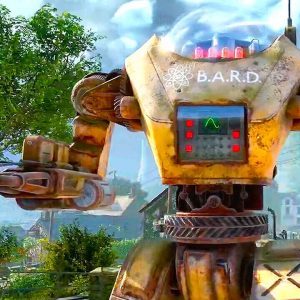Rohrer intertwines art and emotion in his games.
In Episode 4 of Humans Who Make Games podcast, Jason Rohrer – creator of Passage, The Castle Doctrine, and One Hour One Life – talks with host and life-long gamer, Adam Conover about the emotional feelings his games evoke and the bridge between art and games.
Rohrer goes into detail about his intentions on creating “real games” throughout his life and the importance of aesthetic in his games by interaction, opposed to traditional narratives.
Listen to Humans Who Make Games Episode 4.
Rohrer began in the game industry during a time when the Art Game Movement was becoming popular. He said they were trying to figure out how to connect with games that were, “more artistically evocative or emotionally engaging.”

“Intentionally throughout my career, I’ve been trying to make things that are real games,” Rohrer said. “Not just interactive art pieces or whatever. Yah know the question is can we make a real game that does some sort of artistic thing to you.”
On how he focuses on game mechanics to keep an open interpretation, Rohrer explains how he creates worlds with feelings that you only get by playing them.
“If you notice, none of the games you’ve ever played by me have character dialogue or cutscenes or back story or blocks of texts that show some poem. Like if you wanted to get a message or a sort of meaning or some sort of aesthetic feeling the nature of life’s passage, the only way to get it is to play it.”
“
That’s where you have this aesthetic ‘ah-ha’ moment. You get it.
“By interacting with it, pushing up against the boundaries of what the system allows or doesn’t allow and what the possibilities are for you as the player. That’s where you have this aesthetic ‘ah-ha’ moment. You get it.”
Rohrer reflected on creating a game like One Hour One Life while realizing the unintentional feelings that developed within the gameplay, and how he can add in small tidbits to further create more depth within the game.
“I was just laughing out loud at the joy that I’m feeling from weird little things like that. And thinking it through,” he said.
Conover spoke about how the bond that is created in One Hour One Life is unlike any other game, and Rohrer goes into detail as to why that is.
“You do have this sense of living a whole life, and you do have that bizarre immediate connection to these people. And in so many games that is lost immediately, and that would be ‘gg bro.’ Like people would drop the pretense to be players in a game. Because of the way the game is structured.
For more on Rohrer’s intentional method when creating games and to hear how having a maternal figure in the game heavily impacted his feelings, listen to episode 4 of Humans Who Make Games podcast and subscribe on iTunes so you don’t miss any new episodes.
Jessie Wade is a writer at IGN and loves when a game pulls you in so close that you share a bond with it. Chat with her on Twitter @jessieannwade.





